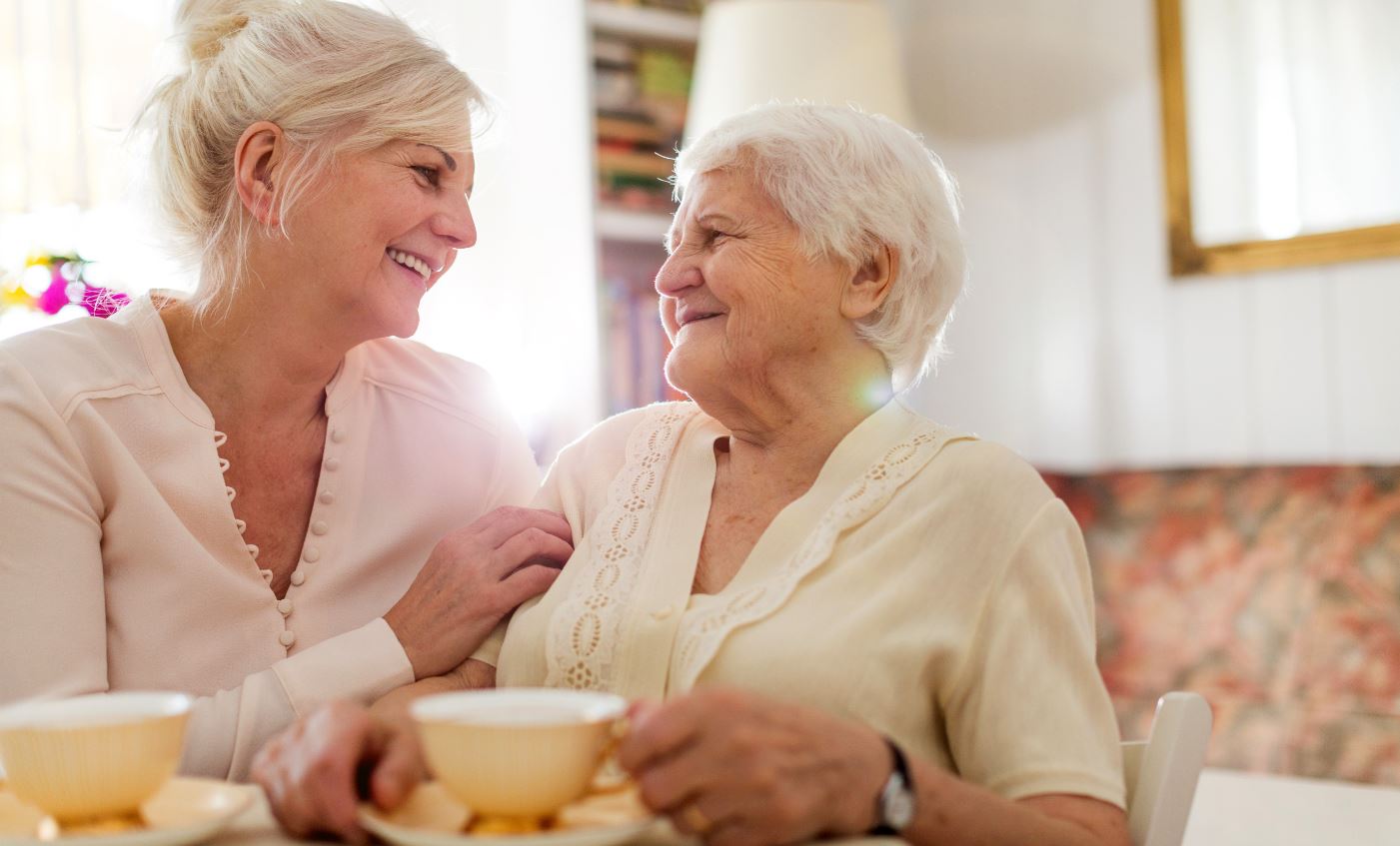
People living with dementia are experiencing deterioration of brain functions. How does dementia impact the brain’s emotional center?
The COVID-19 pandemic has caused mass hysteria that has touched all parts of the globe. For some, fear of not knowing when or if society will return to normal is debilitating. Others are amped up about restrictions on personal freedoms and commerce. Even the most cool-headed of us is experiencing uncertainty on some level. Whichever concerns we carry, we are all processing these circumstances the same way: via the brain’s amygdala region, the emotional center.
Now, if the average adult is experiencing fear, anger, or other negative emotions in response to the way life has changed during this health crisis, imagine what a person living with dementia may be experiencing.
Dementia is a group of symptoms pointing to deterioration of parts of the brain that interferes with the way the person processes his or her environment. But while cognition and other functions may decline, the brain’s amygdala is often intact to the end of life. With the emotional center still open for business, the person experiences feelings. Some are positive (joy, love, humor), and others are negative (fear, agitation, loneliness).
Traditionally, the amygdala has been primarily associated with humans’ fight-or-flight response. It is an automatic, ingrained survival response to particular stimuli, and it’s something all humans experience. Under these current stresses related to the pandemic, some of us are irritable or angry and take these feelings out on others. Or, reactions fall under the “flight” category, manifesting in such ways as depression, lethargy, and social retreat.
But for a person living with dementia, deterioration in other parts of the brain—i.e., the frontal lobe, the temporal lobes, the hippocampus—greatly impacts or inhibits processing information.
For example, the frontal lobe allows for executive functions, including decision-making, evaluation, reasoning, judgement, and impulse control. It is the first part of the brain to begin to deteriorate as dementia diseases begin, especially Alzheimer’s. When the person with dementia experiences emotional negatives from an activated survival response, they lack help from the frontal lobe to properly process their thoughts. Poor judgment and impulse control results in common dementia-related behaviors, such as agitation, worsening confusion, repetitive speech, naughty speech, and possibly aggression.
Unfortunately, our society lacks understanding that these behaviors are influenced by circumstances of day-to-day living. Undesired behaviors can be avoided or reduced when the care provided addresses the person’s preferences and wishes. At Hope, we call this person-centered care.
In many instances, a person with dementia who exhibits undesired behaviors is trying to communicate an unmet need, usually in the realm of personal care. The root problem could be constipation, a UTI, or pain. An unwanted bath or change of clothing may be just enough to cause the amygdala and frontal lobe to provoke a variety of negative behaviors.
As the disease progresses, brain function continues its decline, and speech is impaired or gone altogether. Eventually, the person will only have behaviors as a communication tool. The concept for caregivers is to stop and check in when you feel yourself becoming frustrated with a person who has dementia. When it seems the person is being difficult, stop and think about what needs might be at the source.
Read more about person-centered care here and here.
Another response of the emotional center in the person with dementia is the capacity to react to the anxiousness of his or her caregiver. It is imperative for caregivers to remain calm, friendly, and comforting. Here are some tactics to help the day go smoothly:
Hopefully, this blog has helped you to relate to the way brain changes in dementia cause a person to have trouble with their emotions. Continue your learning with this video from internationally recognized dementia expert Teepa Snow.
You might also like: